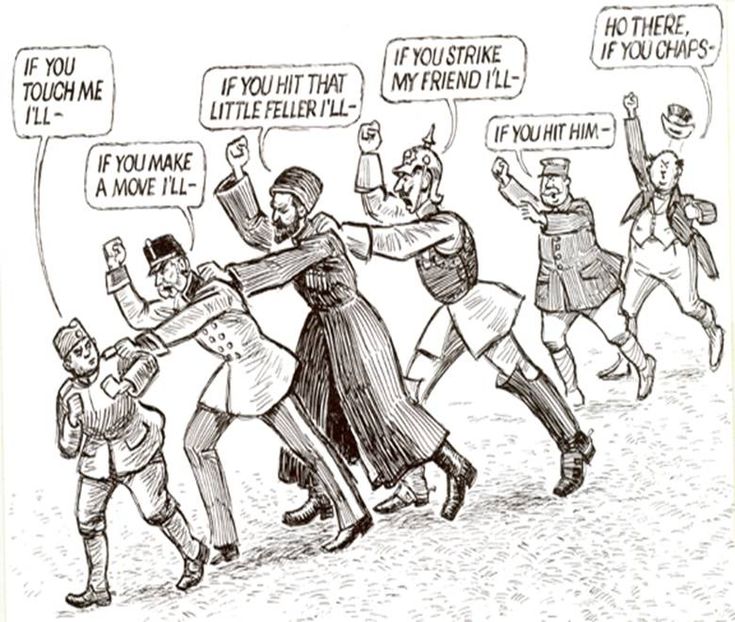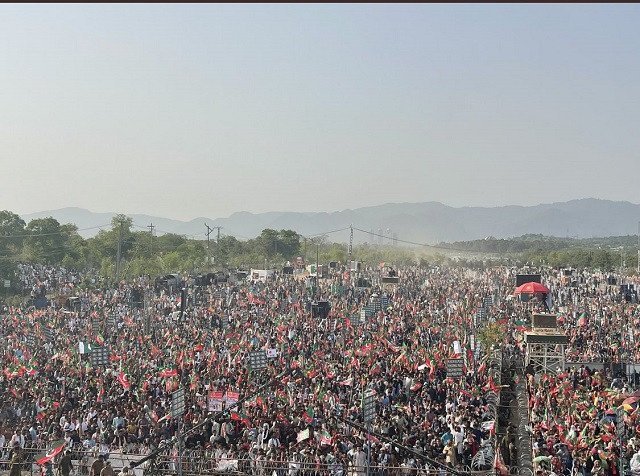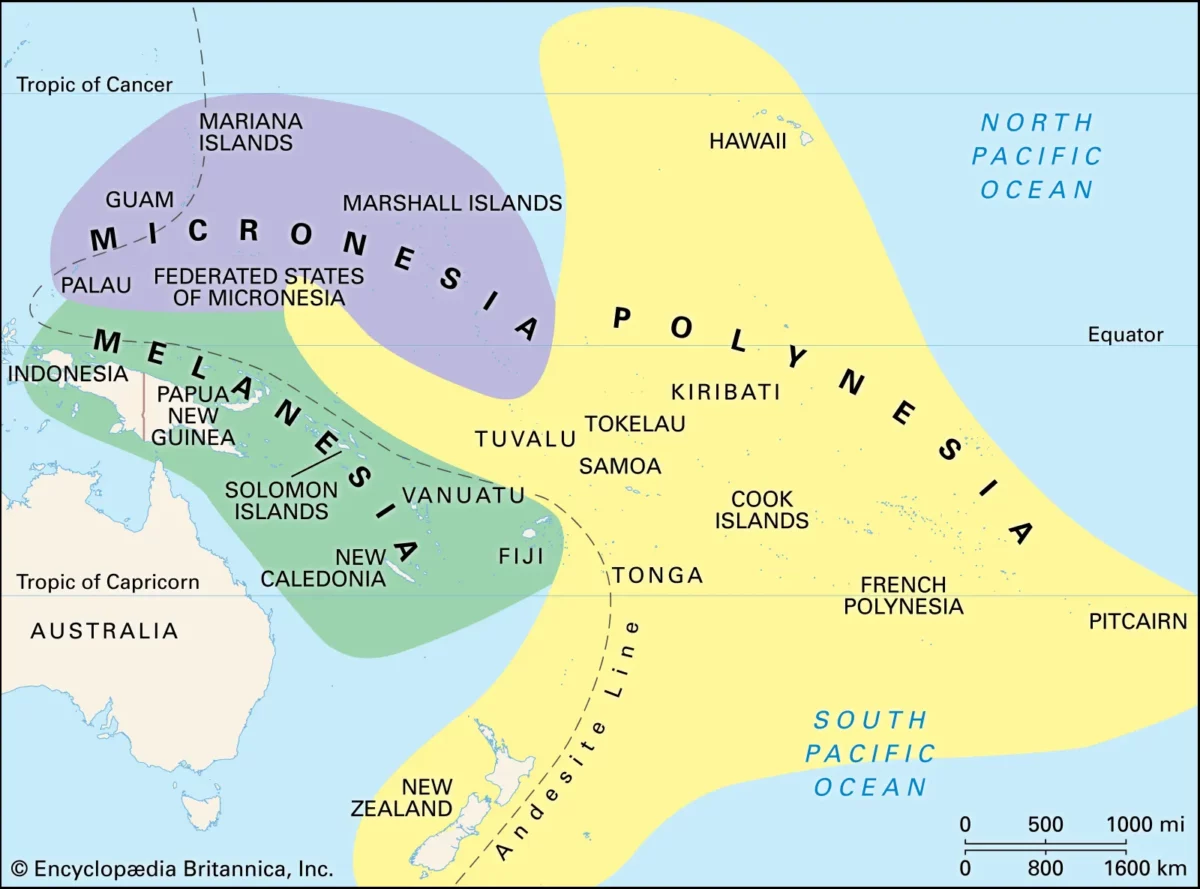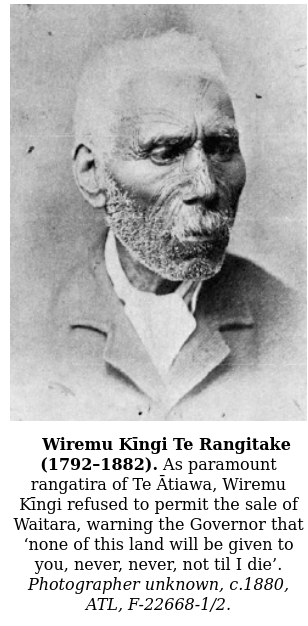Stan Cox is back for In Real Time episode 7, where we track the climate crisis and do other environmental talk. Stan reports back from some interviews he did with activists who are working locally on the climate crisis as we head towards two touchstones in November – the COP 27 conference in Egypt, from which nothing much is likely to emerge; and the November US elections, from which not much good can be expected either. And a bit from me about connections between neocolonialism and environmental destruction.
Audio
WWC 2 – Causes of World War 1 pt2 – The Alliance System
How do you turn a local conflict into a world war? Create an intricate set of alliances that guarantees it! Dave takes us on a tour of the construction of the alliance system from the Emperors’ Leagues to the Congress of Berlin to the Triple Alliance to the Reinsurance Treaty and more. How British and Bismarckian Balance-of-Power games made things so balanced that they could only collapse, in our second episode on the causes of WW1.
In Real Time with Stan Cox 6: Challenging CO2 Pipelines
CO2 pipelines are proof of the principle that “the greatest source of problems is solutions”. Stan Cox is back to shoot down the notion that CO2 pipelines are going to save us. Justin, meanwhile, has finally read Rachel Carson’s 1962 classic Silent Spring, which as an environmental prof he should have read decades ago. Find out who’s fighting the pipelines to nowhere and what Rachel Carson had to say about the human liver, in September’s dispatch.
World War Civ 1: The Intro
The Scramble for Africa is over. Greedy European powers can now only expand at one another’s expense. Du Bois and Lenin both thought this made a big European war inevitable. But others at the time thought it impossible. After two years we are ready to begin the 20th century with something your history classes never fail to discuss – the causes of World War 1. And so we begin the new series, World War Civ, which will include WW1, the Interwar period, WW2, and the aftermath, which will be followed by our Civilizations:Decolonization series – but that will be a while, so relax and get ready for World War Civ.
AER 114: Why Democracy (TM) Fails the Global South
Democracy means “the people rule”. But do the people rule in the “democratic” systems that form governments all over the world? Are these democratic governments less repressive or authoritarian than those without the democratic certification? And does the democratic system of frequent multiparty elections deliver the developmental goods?
Talking to Vik Sohonie, former journalist who runs the grammy-award nominated Ostinato Records, about why Democracy (TM) fails the Global South.
AER 113: Pakistan government threatens to arrest Imran Khan
An update on the unfolding post-coup in Pakistan. Talking to Waqas Ahmad again about the threat to arrest Imran Khan, the remarkable result of the election in Punjab where PTI won 15/20 seats, the arrest and torture of Shehbaz Gill and many others, the articles in the NYT and Time Magazine about how the coup government’s repression might be backfiring, and more.
Scramble for Oceania 3: Polynesia, Melanesia, Micronesia
At the peak of global colonialism no island however small was exempted from European greed. We conclude our Scramble for Oceania series with the scrambles for the many islands in the Pacific. Many of these are still colonies today, given names like “special overseas territory” to hide the fact. ALSO: I’m trying to do loudness normalization so hopefully the listening experience is improved.
In Real Time with Stan Cox 5: On the Inflation Reduction Bill and on Optimism
Our August 2022 dispatch with Stan Cox. Stan presents us this month with a discussion of the “Inflation Reduction Bill” – is climate change solved? Can Stan finally relax? We also get into a discussion of optimism and pessimism and which one is called for at this moment.
Scramble for Oceania 2: The Land Wars of New Zealand
We take advantage of some new scholarship of New Zealand history (Keenan, Wars Without End; Belch, New Zealand Wars; Simons, Soldiers, Scouts and Spies) to give you a hopefully fresh look at the 19th century scramble for colonies in New Zealand, which took the form of British wars against the Maori. Also featured – comparisons between New Zealand and Canada, and the idea that Parihaka may be considered a failure of nonviolence.
In Real Time with Stan Cox 4: A discussion of violence and policy murder
The fourth discussion with Stan Cox about his latest dispatch, “They’ll Show Up Armed – Countering Policy Murder and the Rising Violence of the Right”. We talk about a nonviolent march Stan participated in and a few of the historic movement debates about violence and nonviolence that we’ve seen over the decades. And we conclude with the question: will it be necessary for there to be more guns out there, to get gun control back on the agenda?





